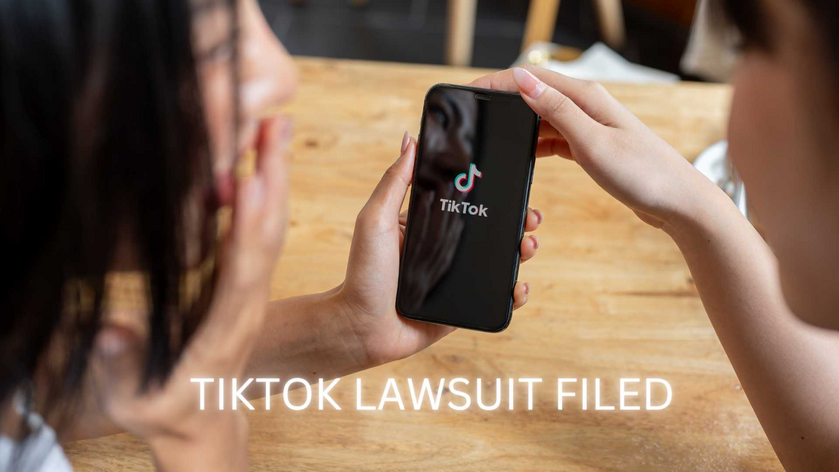Washington, D.C. – October 5, 2024 – Robert F. Kennedy, Jr., along with advocacy group We The Patriots USA, Inc., and social media influencer Kristen Meghan Kelly, has filed a lawsuit challenging the constitutionality of the "Protecting Americans From Foreign Adversary Controlled Applications Act" (PAFFACAA). The lawsuit, filed in the U.S. Court of Appeals for the District of Columbia, names Attorney General Merrick Garland and the U.S. Department of Justice as respondents.
Kennedy and his co-plaintiffs argue that the PAFFACAA, which was signed into law by President Joe Biden in April 2024 as part of a broader emergency appropriations bill, infringes on the First Amendment rights of American TikTok users. The act targets the popular social media platform, forcing its Chinese parent company, ByteDance, to either divest TikTok to a non-Chinese company or face severe penalties, potentially cutting off U.S. users from the platform.
If you haven’t yet become a paid subscriber, now’s the time. Your support is crucial in helping me keep this newsletter free and delivering the truth they don’t want you to see. For just $5 a month—less than a coffee—you empower independent journalism. You can cancel anytime, but I hope you’ll stand with me to keep exposing what others won’t.
"PAFFACAA represents a dangerous overreach by Congress, as it uses the vague notion of 'national security' to justify what amounts to censorship," said Kennedy. "TikTok is a global platform where millions of Americans express their views, engage in political discourse, and share ideas. Banning it under the guise of protecting national security violates our fundamental rights."
The petitioners highlight that the act affects roughly 150 million U.S. TikTok users, and claim that the law's imprecise rationale undermines legitimate free speech protections. They seek declaratory and injunctive relief, asking the court to prevent enforcement of the PAFFACAA and maintain access to the platform.
The PAFFACAA, passed amid growing concerns over potential Chinese government influence, allows the U.S. government to impose crippling fines on companies offering services to TikTok if ByteDance fails to divest. The law goes into effect in January 2025, with potential penalties reaching billions of dollars for internet providers facilitating access to the platform.
"We cannot allow fear-driven politics to dictate how Americans communicate and connect," said Kristen Meghan Kelly, a Michigan-based influencer with over 174,000 TikTok followers. "This lawsuit isn't just about TikTok. It's about ensuring that platforms where millions share their voices aren’t unjustly taken away."
The Justice Department has yet to comment on the lawsuit.
Kennedy, a candidate for the U.S. presidency, currently uses TikTok as a central platform for communicating with his supporters. We The Patriots USA, Inc., advocates for constitutional rights, while Kelly uses the platform to spread her messages on workplace health and safety.
The case underscores a growing tension between government efforts to regulate digital platforms and concerns over free speech. It also echoes broader global debates about the role of social media companies in national security and free expression. The outcome of this case could have significant implications for the future of social media in the United States.




















